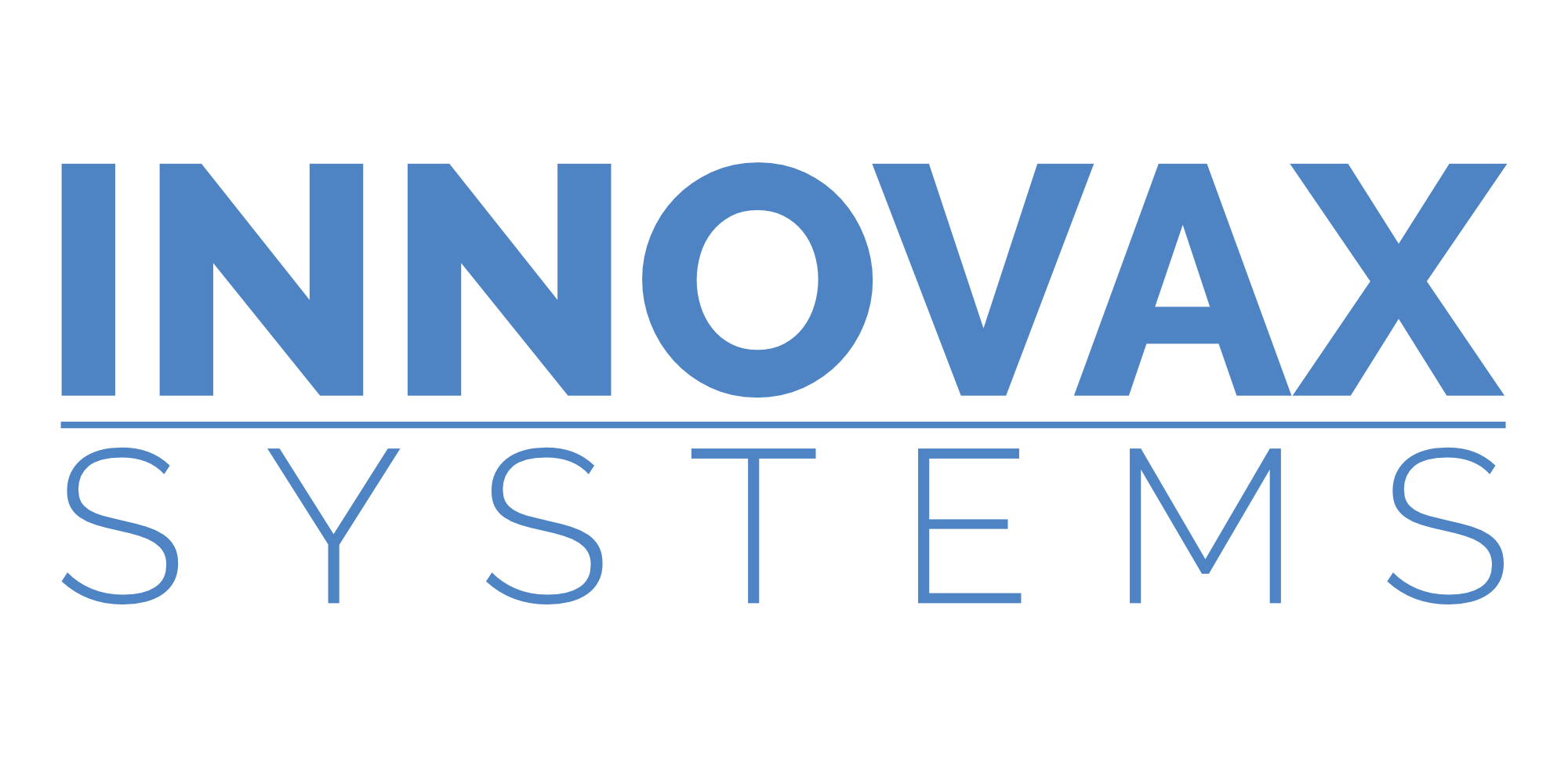As new technologies and practices transform the modern business landscape, keeping up with the times is more important than ever to stay on equal footing with the competition. For contact centre and businesses that conduct their customer service in-house, this means shifting away from the on-premise setup as their communication needs grow and customer call volumes increase by the day.
This is where cloud-based call centre solutions in Singapore come in with contemporary features designed to adapt to these ever-changing requirements while providing a seamless customer experience. That said, opting for this right approach is only the first step in the process, as one must also choose from a vast number of options with differing feature sets. Choosing a solution that may not be the ideal match for your organization could lead your company to overlook certain features. These features have the potential to elevate the experience for both your agents and customers. Thus, let us examine some core features to look out for when transitioning your contact centre operations to the cloud.
1. Configurable routing
Virtually all cloud call centre platforms offer some type of call routing, but not all offer it in a way that is fully customizable to your exact needs.Optimal effectiveness is challenging to attain without the freedom of unrestricted routing. Configurability plays a vital role in tasks such as VIP routing for high-value customers and skills-based routing.
VIP routing essentially matches the caller’s phone number to one of the customers in your CRM profile, and upon establishing that a VIP is on the line, they can then be treated to a bespoke journey defined by you. For instance, they could be routed straight to an experienced agent or specialist without having to wait in a queue, or it could be as simple as providing the receiving agent with a heads-up that they are about to receive a high-profile caller.
2. Omnichannel communication
In our interconnected modern society, customers now expect businesses to be available in all popular communication channels. Cloud-based call centre software should, therefore, support a wide variety of channels such as chat, voice calls, email, social media, and trending messaging platforms. Opting for an omnichannel messaging platform in Singapore ensures that customers can fully engage with a brand on their preferred terms and through their most comfortable channels.
Transitioning to a cloud call centre platform is an investment, albeit a more cost-effective one compared to an on-premise infrastructure. To maximize your ROI, consider choosing a solution that allows the integration of additional communication channels. You might start with only call, chat, and email, but should you need to add WhatsApp, X, Instagram, or some other new platform that releases in the future, you can easily serve your growing user base wherever they are now and might migrate to next down the line.
3. Real-time data for agents
Support agents who are aware of customers’ support history with the brand play a crucial role in determining long-term customer loyalty. Given that most organizations already maintain records of this information, all that is required is to grant agents access to it during customer interactions
Setting up your call centre software to recognize the caller and automatically bring up their customer information, such as account details, previous support history, and purchases, is one of many effective ways to do this. Alternatively, call centre platforms with conversational AI features could track the calls and make real-time suggestions when both parties are on the line.
4. Workflow automation
It is a well-known fact that automating as many repetitive administrative tasks as possible is the way to improve efficiency and productivity, no matter the workload involved. In the context of customer support, the right automation will reduce the number of manual tasks agents have to handle and ensure they always take the most relevant actions. For the organization, this means getting more work done without the need to increase the size of the support team and optimizing established support processes.
The best way cloud call centre software could implement this automation capability is by automatically adding customer data to support tickets and making a call list compilation. The former saves your agents’ time as they no longer have to search through the CRM to get what they need, and they become better equipped to provide targeted service as they immediately know what the customer needs. Meanwhile, the latter automates the task of creating a call list, which is simply a handy time saver.
Conclusion
Providing excellent customer service is non-negotiable in this modern and highly competitive business environment, and cloud-based call centre solutions give businesses the tools they need to achieve this goal and meet their customer’s expectations effectively.




